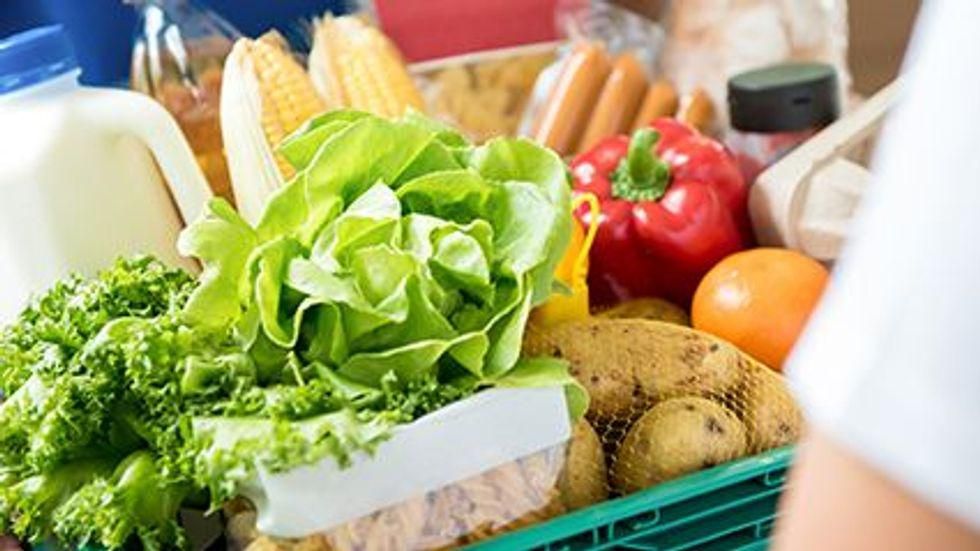TUESDAY, June 8, 2021 (HealthDay News) — Fewer temptations at checkout?
People may spend more money when they buy their groceries online, but they also tend to buy fewer unhealthy, “impulse-sensitive” foods like candy and cookies, new research shows.
For the study, the researchers looked at the shopping habits of 137 primary household shoppers in Maine to compare their in-store and online purchases. The shoppers had shopped at least once in-store and at least once online with curbside pickup in a total of 5,573 transactions between 2015 and 2017.
“There were differences in both the quantity and types of food purchased when shopping online compared to in-store,” said lead author Laura Zatz, from the department of nutrition and department of social & behavioral sciences at Harvard T.H. Chan School of Public Health, in Boston.
“When study participants were shopping online, they spent about 44% more per transaction, and they purchased a greater number and variety of items compared to when they shopped in-store,” she added. “We also found that shopping online was associated with reduced spending per transaction on candy, cold or frozen desserts, and grain-based desserts like cookies and cake.”
That reduced buying of less-healthy foods did not carry over to sugary beverages or sweet and salty snacks. While shoppers’ spending did not change in those categories, the investigators found that in-store shoppers spent an average of $2.50 more per transaction on candy and desserts.
The sugary drinks and sweet and salty snacks may not be as impulse-sensitive as expected, despite their prominent placement, the researchers hypothesized.
The report was published June 8 in the Journal of Nutrition Education and Behavior.
According to senior study author Eric Rimm, a professor of epidemiology and nutrition at Harvard, “Sugary drinks and snacks might have been a planned purchase for many in our study sample. That would fit with other industry research showing that neither sweet and salty snacks nor sugary drinks are in the top five categories of unplanned food purchases.”
In recent years, online grocery shopping has grown exponentially, Zatz noted. Assessing the evolution of marketing practices in the online grocery setting will be an important area for future research.
“With more people buying their groceries online, it will be really important to understand how that impacts the nutritional profile of the foods they purchase,” she explained in a journal news release.
“Encouragingly, our results suggest that online grocery shopping is associated with reduced spending on several unhealthy items. However, we’ll want to monitor shopping patterns to make sure sophisticated online marketing tactics, like personalized pop-up ads, don’t override that,” Zatz said.
More information
The American Heart Association offers some tips for healthier grocery shopping.
SOURCE: Journal of Nutrition Education and Behavior, news release, June 8, 2021
Copyright © 2025 HealthDay. All rights reserved.

